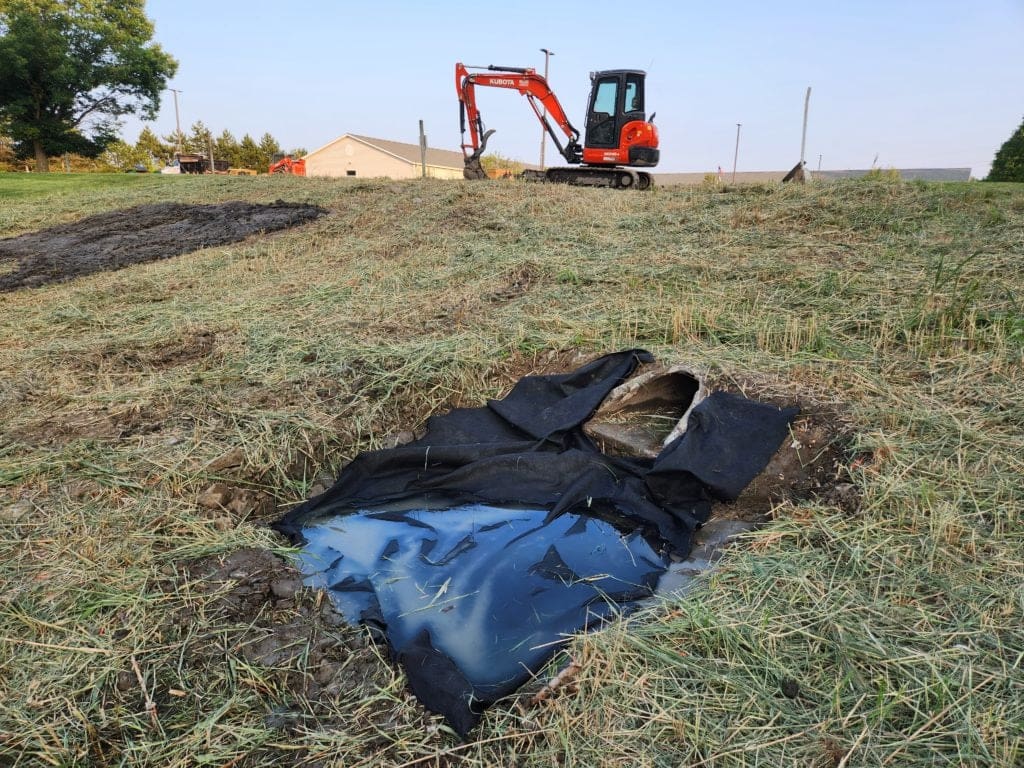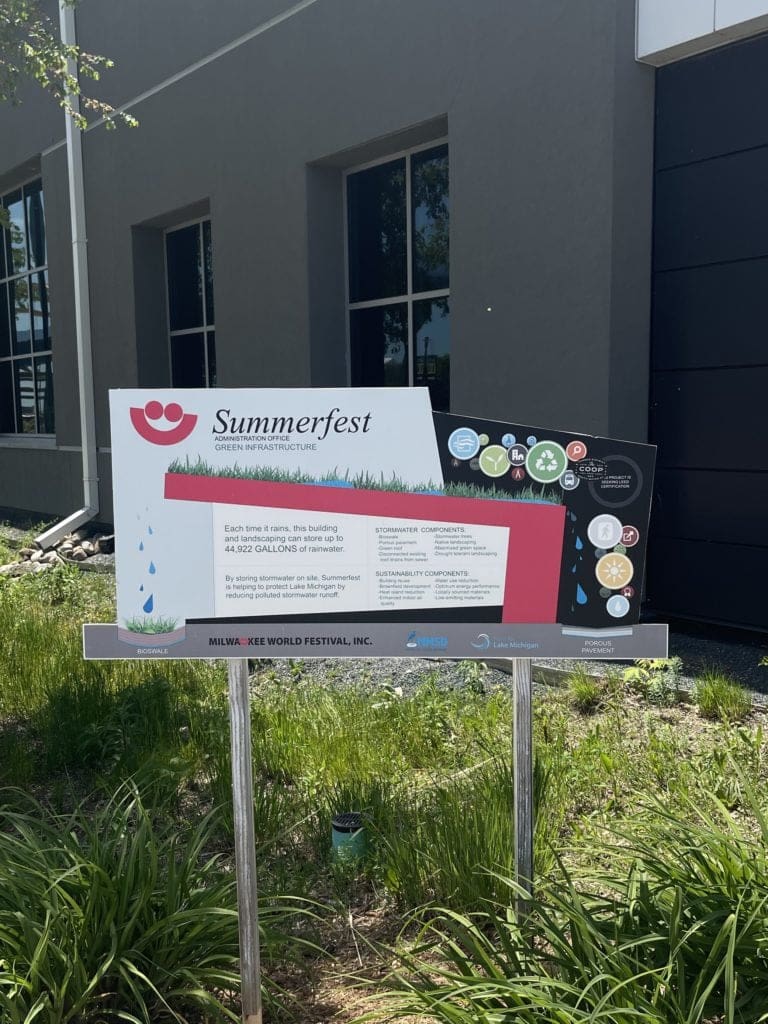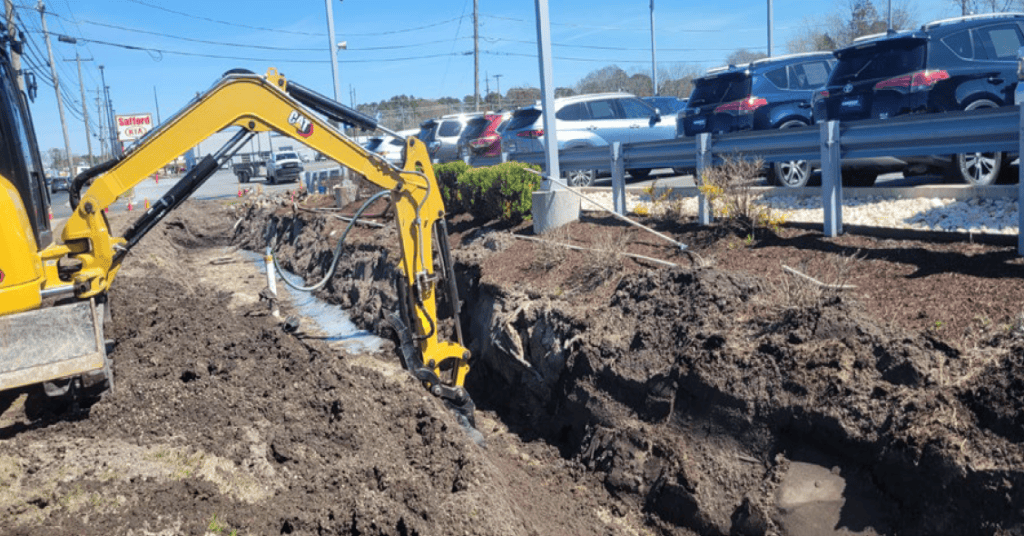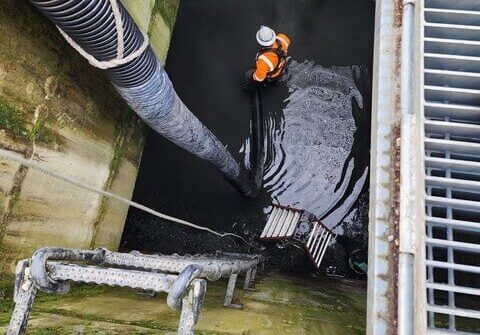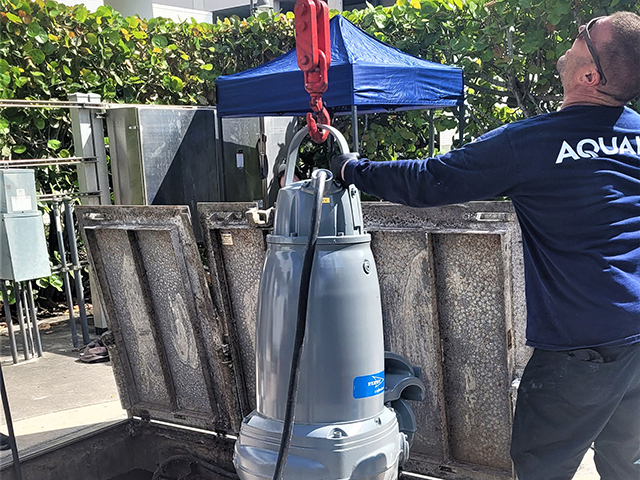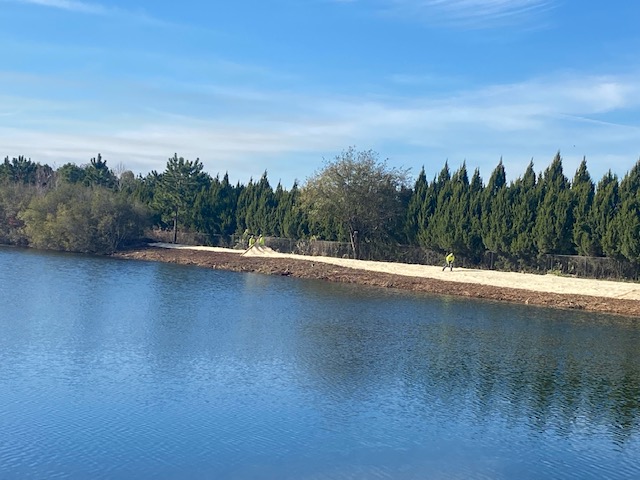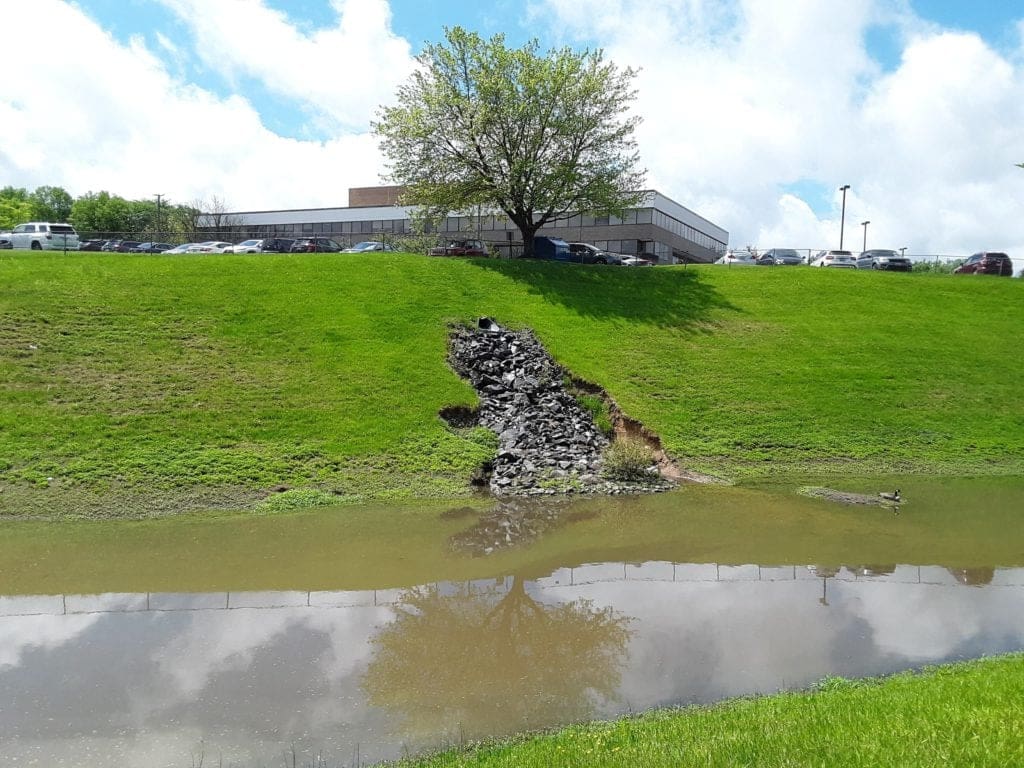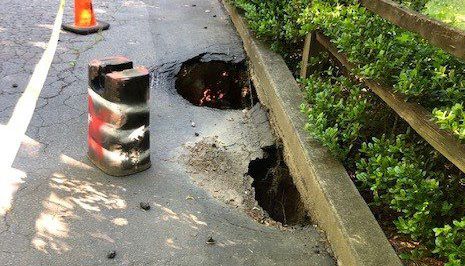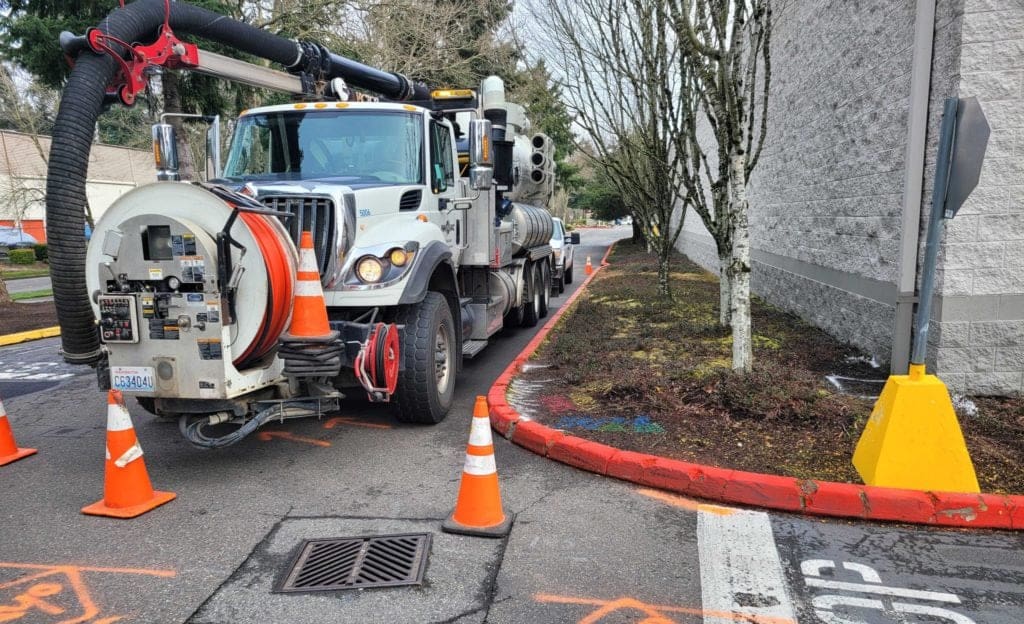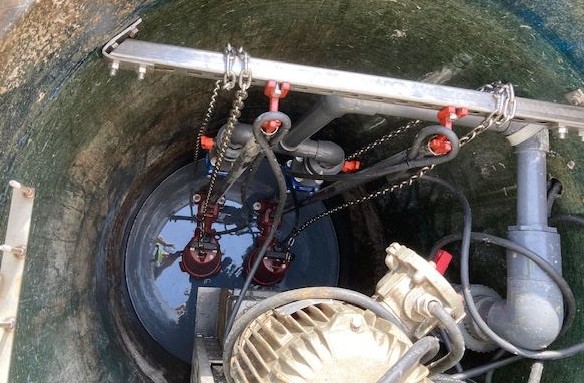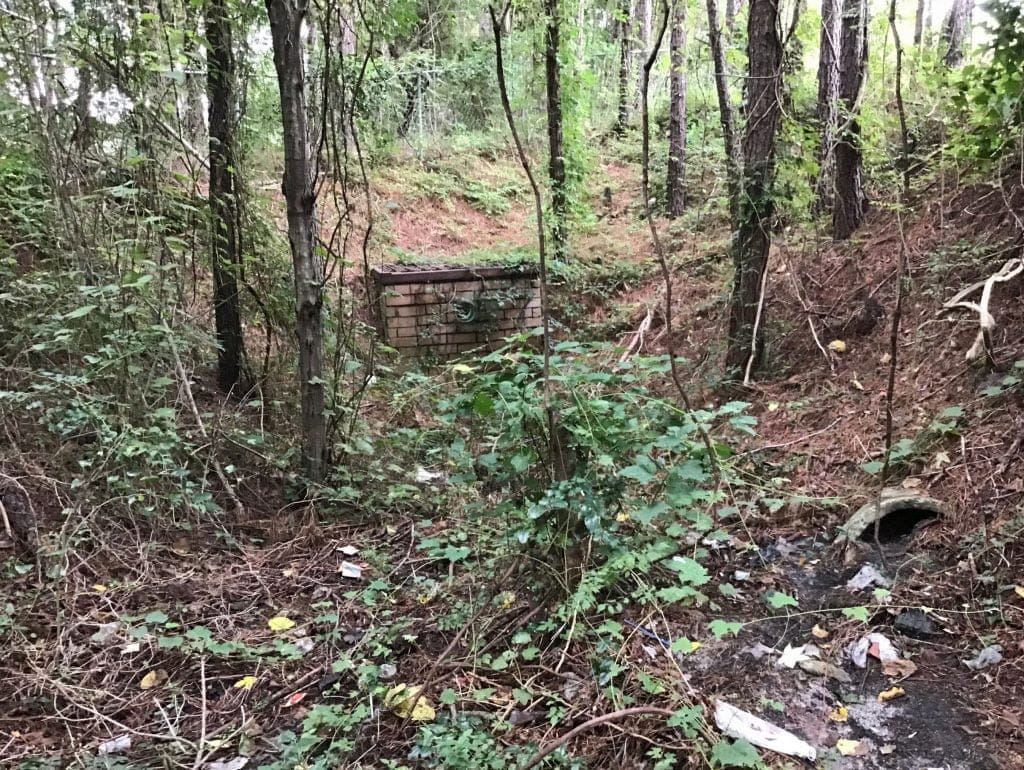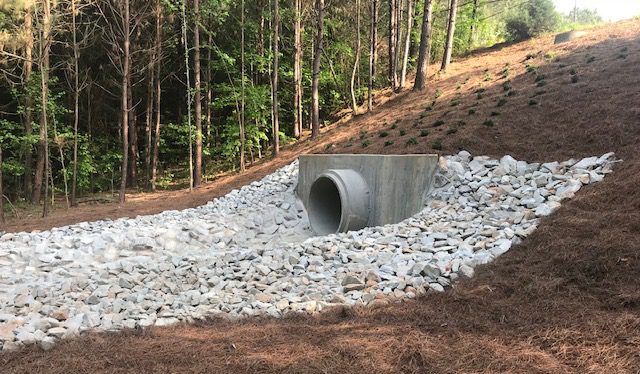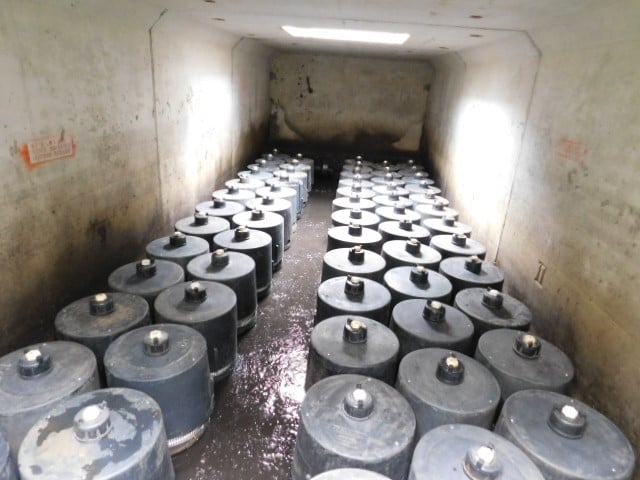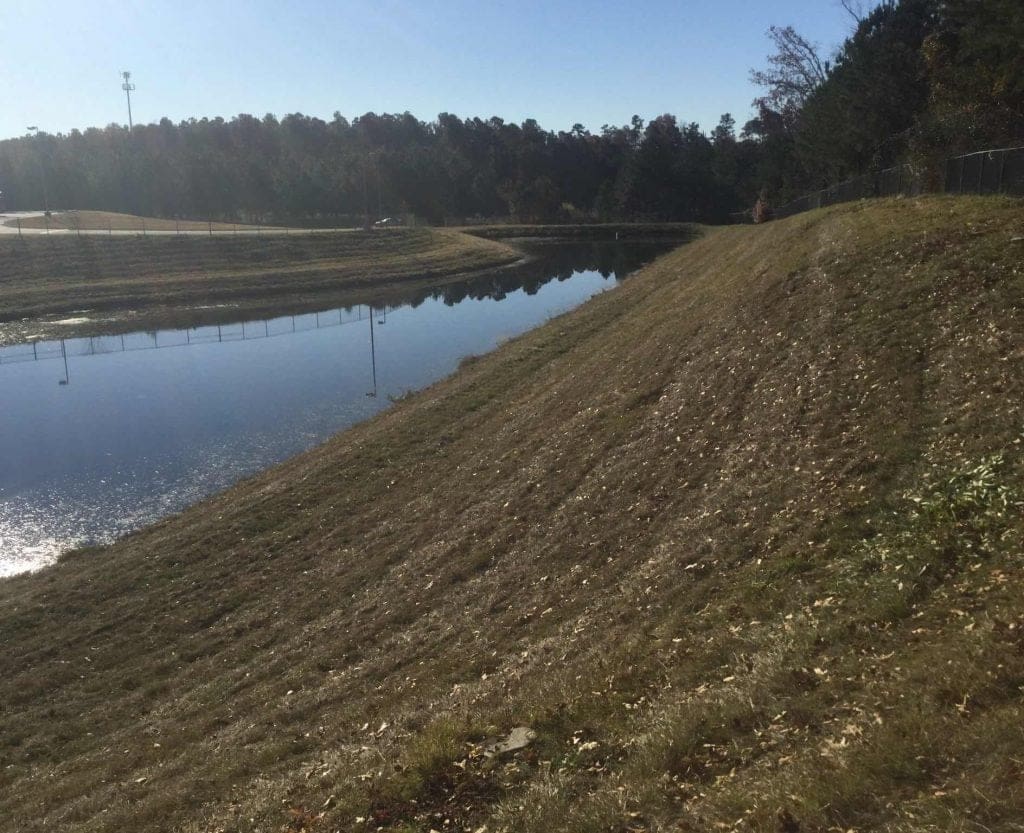Insights & Expertise
Case STudies

Navigating Sustainable Water Services
As the industry leader in sustainable water management, we’ve helped property owners and managers with water management assets and systems of all kinds, all over the country. From above-ground and underground SCM systems to sanitary lift stations and pump configurations to engineering services to complete preventative management programs, these are some real-world examples of our success.
Case Studies
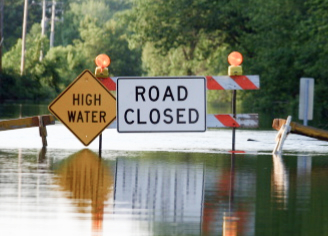
Nationwide Services
Review our locations and find your local representative with our interactive search.
Repair or Rehabilitation?
When a stormwater system has been damaged, regulations require that the property owner restore the system to its original design. These corrective actions can fall into two categories: restoration and rehabilitation.
Restoration includes small-scale rehabs required to address operational problems, which can include anything from treatment of invasive plants to stabilization of eroded soils. While these repairs may seem minimal, they typically require licensing and extensive knowledge to ensure that the problem is effectively addressed.
Rehabilitation is larger in scale, including extensive maintenance and major improvements to address failures within stormwater management systems. These actions may necessitate engineering and construction plans that require review and approval, as well as specialized equipment, construction permits, and more.
How often do I need to perform stormwater maintenance?
Stormwater maintenance should be performed at least quarterly. In some cases, property owners may be required to have maintenance performed monthly, especially in during the growing season.
How do I handle a stormwater Notice of Violation?
Municipalities may send property owners a notice of violation or corrective notice due to lack of compliance with stormwater regulations. The notice will include the stormwater failure and a timeline to perform repairs. Contact a stormwater professional today to remediate the notice.
Is stormwater management required?
Stormwater maintenance is preventative. Regular maintenance ensures the system will continue to operate without major interruptions.
How much should I budget for stormwater services?
Stormwater management budgets should include regular preventative maintenance and allow for potential corrective repairs. The amount depends on various factors like how large, how old and how often you take care of your stormwater system.
What is the average lifespan of a stormwater system?
Review Our Webinars
Did you receive an NOV? Have an urgent need? We can help.
Reach out to an AQUALIS representative today.




